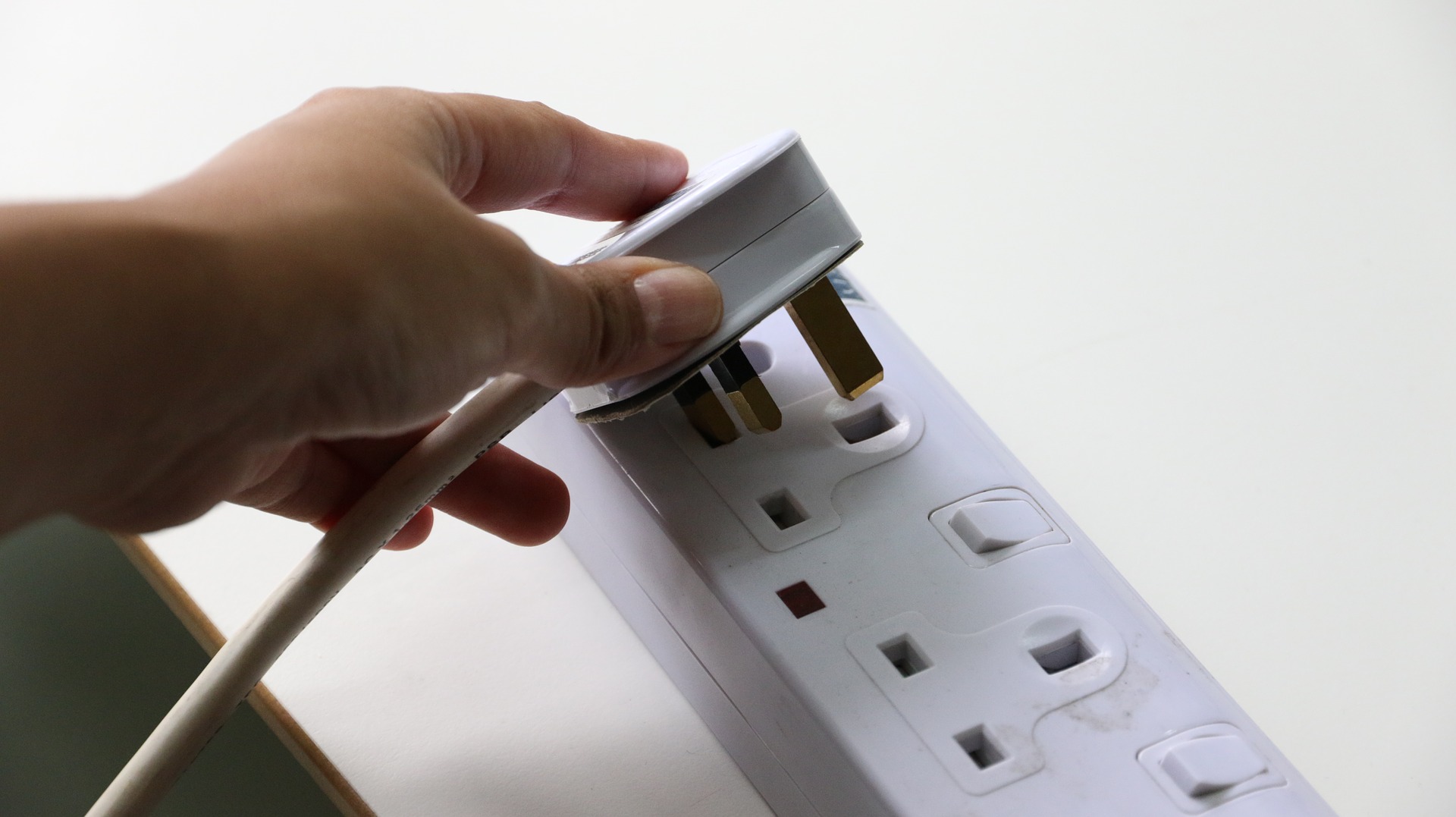In your search to find home upgrades that better protect you and your family, you may have come across the terms GFCI and AFCI. While they may sound similar, these two types of circuit interrupters serve different but equally crucial roles in protecting your home and loved ones. Today, we want to demystify these acronyms and explain why they’re essential for modern Florida households.

All About GFCIs
Ground Fault Circuit Interrupters, commonly known as GFCIs, have one primary purpose – to protect you from electrical shocks, particularly in environments where water is present. They work by monitoring the electrical current flowing through a circuit and cutting off the supply if an imbalance is detected, indicating a fault.
How Does It Work?
A GFCI monitors the electrical current flowing between the hot and neutral wires. When it detects a difference as small as 4-6 milliamperes, it trips the circuit within milliseconds, effectively cutting off the electrical supply and saving anyone in close proximity from a world of pain.
Importance in Preventing Electrical Shocks
By quickly cutting off the electrical supply during a ground fault, GFCIs play a vital role in home safety. GFCIs are typically installed in areas where water and electricity are in close proximity, such as bathrooms, kitchens, and outdoor outlets to minimize the risk of electrical shock more likely to occur in these areas.
All About AFCI Outlets
Arc Fault Circuit Interrupters, or AFCIs, are designed to prevent electrical fires caused by dangerous arc faults in your home’s wiring. Unlike GFCIs, which focus on preventing electrical shocks, AFCIs aim to stop electrical fires before they start.
How Does It Work?
An AFCI works by monitoring the electrical waves in a circuit. If it detects any irregularities that could indicate an arc fault, it immediately trips the circuit, cutting off the electrical supply to prevent a potential fire.
Importance in Preventing Electrical Fires With AFCI Outlets
Arc faults can occur for various reasons, such as damaged wiring, overloaded circuits, or even something as simple as a nail puncturing a wire behind a wall. AFCIs play an important role in detecting these faults early and preventing potential fires in their tracks. AFCIs are generally installed in bedrooms and living rooms where the effects of fires can be most deadly. They can also be found in the form of circuit breakers in your electrical panel or as outlets in your walls.
Both GFCIs and AFCIs are required in new homes built in Florida, aligning with the National Electrical Code (NEC) and enforced to ensure the highest level of electrical safety in residential buildings.
Hiring an Electrician: The Safe Way to Upgrade Your Home
When it comes to electrical safety, there’s no room for shortcuts or DIY fixes. Hiring a qualified electrician ensures these safety measures are correctly installed and functioning as they should. An electrician can assess your home’s electrical system, recommend where GFCIs and AFCIs should be installed, and carry out the installation in compliance with Florida’s building codes and the National Electrical Code. During this process, they will also have the opportunity to find other faults in your system and recommend fixes before they cause you more time, money, and stress. For peace of mind and the highest level of safety, consider hiring a professional when upgrading your home’s electrical system.
Our team of local electricians is here to help your household with all your electrical needs, GFCIs and AFCIs included. Contact Promise Electric today to ensure your home meets the highest safety standards.


